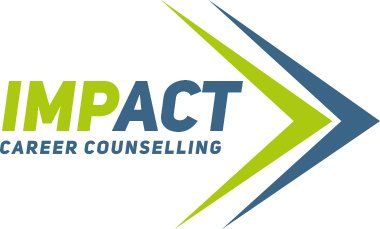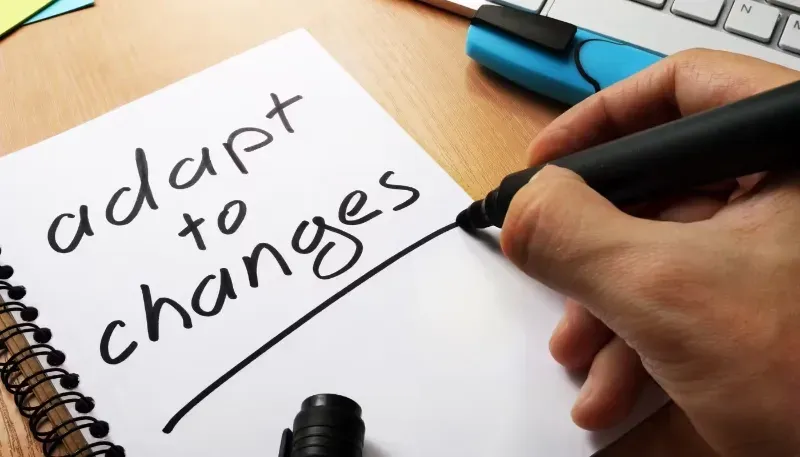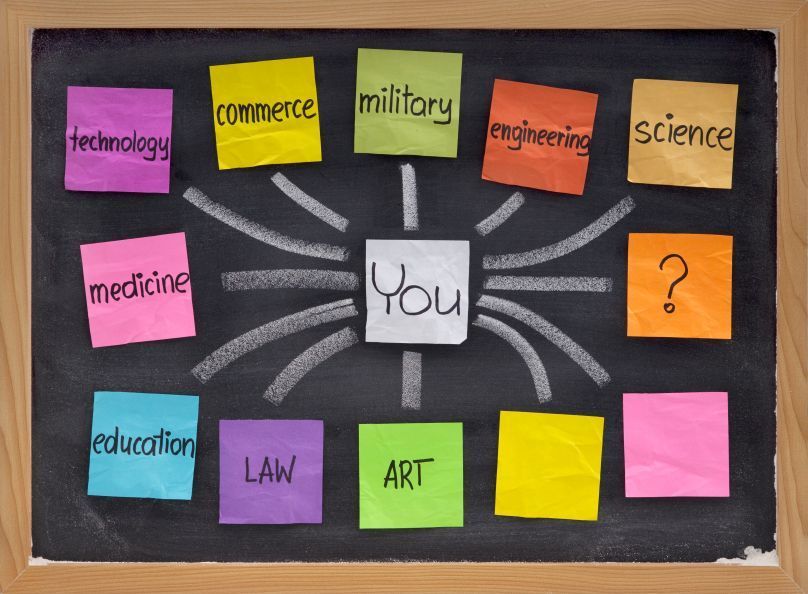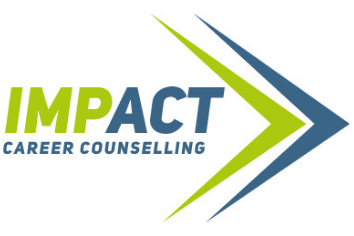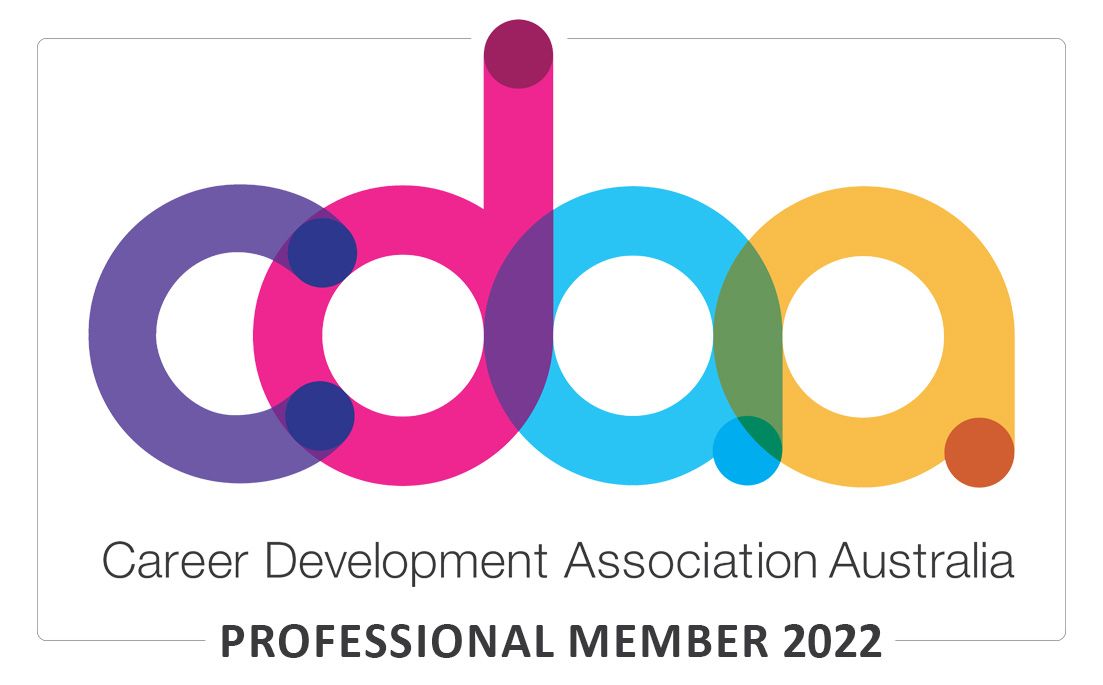Skills you Need for Quality Workplace Communications
1. Develop multiple communication techniques
Email, texting, messaging, online and face-to-face conversations are all used as forms of communication in the workplace they help you to stay connected. Ensure that you are competent in each technique, especially if you work remotely or from home.
2. Focus on clear messaging to Team Members when outlining shared tasks
Clarity is key when communicating to others when using any form. This means avoiding jargon or vague language to help others to understand what you’re saying and what the next steps should be.
Tips to help you communicate with greater clarity include:
- Keep it simple and use language your team is familiar with. The less room for interpretation you leave, the less likely you’ll be to miscommunication.
- Be specific and pay attention to non-verbal responses from your team. If your team members looks confused, try rephrasing it or using a visual form to demonstrate what you mean.
- Take time to think and prepare before explaining to others. When you’re too quick to speak, ill formed words and sentences can cause miscommunication or even offence. Allow yourself time to process what your team members say to you as well, so you can articulate your thoughts and communicate them with greater clarity.
- Ensure your writing is professional - mistake-free and no grammatical mistakes, misused punctuation can be distracting and reflect poorly on your abilities to communicate well.
- Provide a clear call to action - business writing needs to have a clear call to action. Consider the action you want your intended team member to take, outline the time-frame and if required who may be involved.
3. Become a Better Listener
Be an Active Listener to improved communication and understanding. Active Listening promotes greater clarity of what is expected.
Active listening includes:
- Showing that you are listening;
- providing feedback;
- deferring judgment;
- and responding appropriately with questions for more clarity.
4. Don’t Assume You Know What Someone Means
A common cause of miscommunication happens when you assume that you know what someone is trying to communicate, you can miss crucial details. For example, after reading or listening to a project brief, a best practice is to ask clarifying questions to make sure both parties are on the same page and that both know exactly what successful outcomes will look like.
5. Set Clear Expectations for Email and Text Messaging
Having an efficient email and messaging procedure can demonstrate to others that you respect them and will act in a timely manner – reliable response and acknowledge with a receipt when required.

